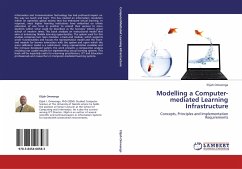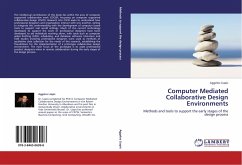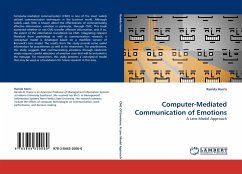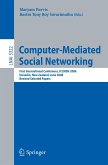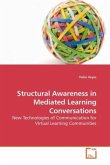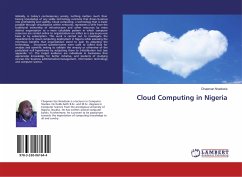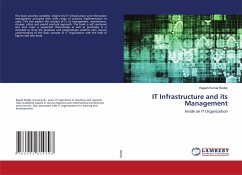Information and Communication Technology has had profound impact on the way we teach and learn. This has created an information revolution within an optimistic global society that has embraced virtual learning. In response, most higher learning institutions have embarked on online education of one form or another to extend their services to more students within what could be described as the Socrates Athens great school of modern times. This book analyses an instructional model that aims at enhancing flexible learning opportunities. The system used for this analysis comprises two main modules: a back-end module, which supports server functionalities and houses the representation model and the front-end module for learner interaction with the system and upon which the score calibrator model is a substratum. Using representative variables and the in-house developed system, the work presents a comparative analysis resulting into usable models for implementing virtual learning systems. This book will be especially useful to e-learning practitioners, ICT and Education professionals and researchers in Computer-mediated learning systems.
Bitte wählen Sie Ihr Anliegen aus.
Rechnungen
Retourenschein anfordern
Bestellstatus
Storno

